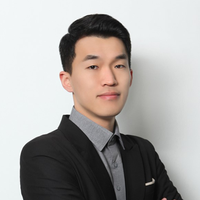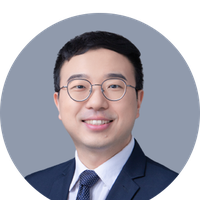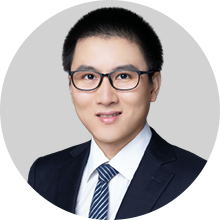Zhixing Cao's work helps scientists gain groundbreaking insight into cancer therapeutics, vaccine development, drug discovery, and other complicated cytological issues.
Recently, he developed a gene expression analytical model with the most complete physiological details to date including cell growth and cell division, which allow the accurate revealing of the coupling mechanism of cellular physiology and gene expression.
Biochemical models for cells are usually cursed by dimensionality due to the large number of reactions and reactants in cells. Zhixing Cao used non-Markovian models to reduce the dimension, and also developed a differential machine learning method to efficiently solve it. Such a method significantly reduces the amount of data required for modeling to 1/30 of samples that the classic method needs.
During his Ph.D., Zhixing Cao devoted himself to solving the longstanding problem of process control to optimally regulate a production process in an uncertain and complex environment. He developed a theoretical paradigm to systematically improve regulation precision and to ensure final product quality from four aspects—modeling, control, optimization, and monitoring. When he worked at Harvard, he applied the theory to devise an intelligent optimization protocol to personalize insulin therapy for diabetic patients so as to enhance the treating performance while reducing cost.
Zhixing Cao went to the University of Edinburgh as a postdoc in 2017. Then he started working on deciphering gene regulatory mechanisms in the field of stochastic computational biology, a fast-growing interdisciplinary field at the intersection of biology, chemistry, mathematics, and physics.
In 2018, Zhixing Cao devised an approach named linear mapping approximation that maps a nonlinear gene regulatory network onto a linear one. The approach enables solving stochastic dynamics of gene expression in large scale and analyzing single-cell data in a high-throughput way possible. This approach strikingly boosted the computation efficiency 45 times compared to the traditional ones. The work was published in Nature Communications and further followed by many renowned scholars from Oxford, MIT, ETH Zurich,etc.
In 2019, Zhixing Cao decided to join ECUST in Shanghai as a prestigious 1000-Plan professor at an age of 29 years.




